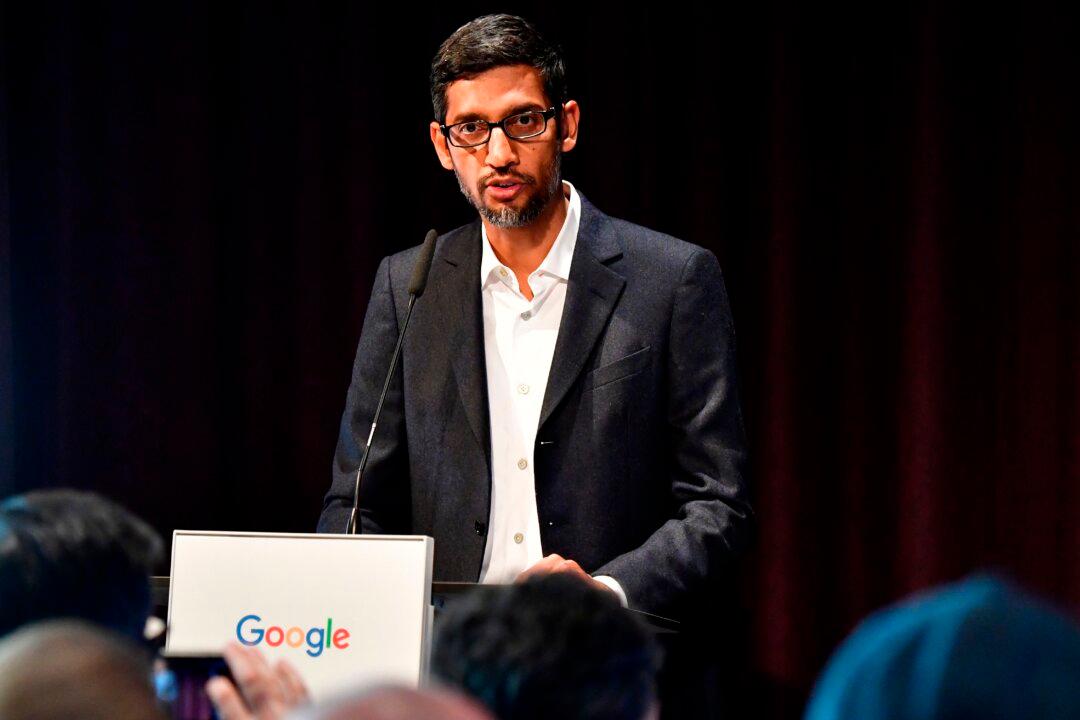Google tweaks search results on topics the company deems “controversial,” two Google sources revealed to Breitbart. Sometimes, the company even changes the results manually—something its chief executive, Sundar Pichai, denied in sworn testimony.
Among the singled out topics were abortion, gun-control activist David Hogg, the February 2018 An-148 Russian plane crash, the December 2018 Strasbourg terrorist attack, and even U.S. Rep. Maxine Waters (D-Calif.), according to an excerpt from the list and Google’s internal communications obtained by Breitbart, the right-leaning news outlet that has been breaking stories for months based on leaks from Google.





